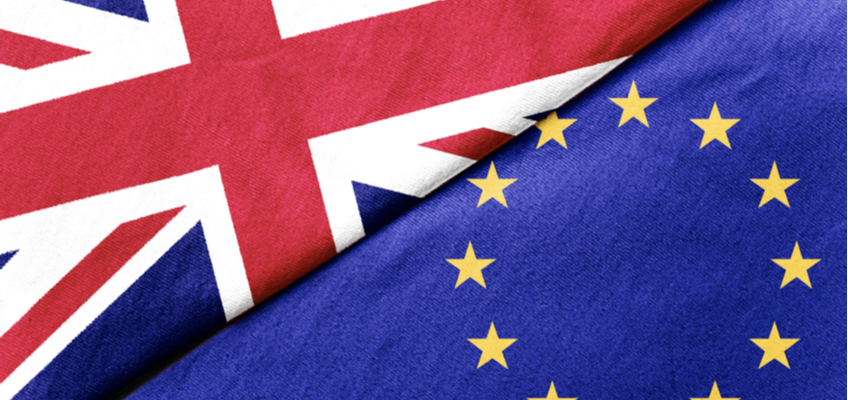
VAT, Logistics, Customs: Navigating the Post-Brexit Changes to E-Commerce
With Brexit set to be completed on January 1st, 2021, UK-based e-commerce businesses selling into the EU, as well as those based in the EU selling to UK customers, will soon be going through significant changes with regards to customs, VAT and logistics.
To help you prepare your business, we partnered with ResilienceHelp, a leading business consultancy firm, and AVASK, experts in international taxation and business expansion, to bring you a comprehensive guide in how to navigate the post-Brexit e-commerce landscape.
Here, we’ll provide a few tips to get your e-commerce business ready for a post-Brexit world.
“In 2020, a calm and analytical approach is required to help online sellers understand best how to mitigate their risks and seize new opportunities as we move into 2021. Following our 5-step Brexit preparation plan will help identify the key areas of business focus and assign key work areas to the right experts within a seller’s ecosystem.”
– Chris MacNeil, Managing Director, ResilienceHelp.com
To be prepared for Brexit in just a few weeks is certainly going to be a challenge. While much more is detailed in the guide, the steps below will help you continue selling in the EU, having completed the VAT registration necessary for all relevant marketplaces:
- Create a task force to develop a Brexit resilience plan – Some of the things you’ll want to consider in your resilience plan are; work permits for your UK and EU-based staff; who handles your supply chain; new regulations that could impact your company; and any new licenses and qualifications you’ll need to maintain business continuity.
- Review your end-to-end supply chain – It’s important to identify products and services, who handles them, how value is added, and what geographic journeys are implied.
- Review government materials – Go over any relevant government materials for your business and products and build a plan to work through the task list this will generate.
- Onboard a customs broker and shipper – There is likely to be immense demand for customs brokers and shippers who can start shipping goods to the EU, so be sure to find one as soon as possible.
- Obtain necessary documentation for your products – These include product certifications, licenses and / or permissions from relevant intellectual property owners.
Brexit’s impact on the e-commerce sphere is set to be far reaching, with cross-border sellers in the UK and EU needing to make significant changes to how they operate their businesses. That said, these changes don’t have to be a negative for your business.
“Change can be intimidating to businesses and 2020 has certainly brought a lot of changes. Brexit should not be feared by sellers as an interruption to trade, but an opportunity to capture new markets and reach new customers. The concept of VAT will remain the same, so please do remain vigilant to your tax obligations. Embrace change, seize opportunity.”
– Cambridge Lyford, EU VAT Compliance Officer, AVASK
So cut through the noise, download your e-commerce guide to Brexit and get yourself up to speed with this practical blueprint for how to get your business ready.




